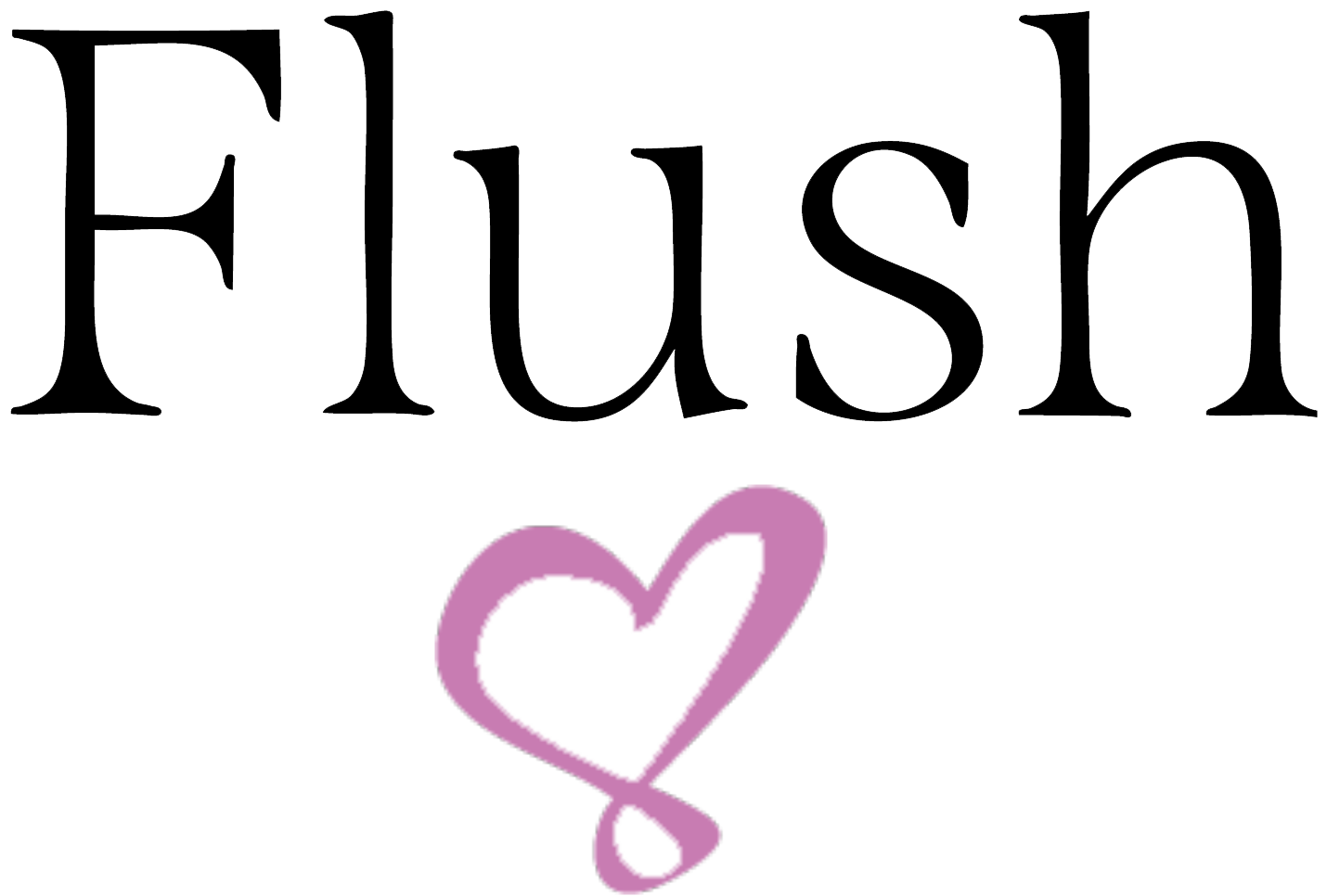Did you know that your digestion starts the moment you put food in your mouth? The very instant that you recognise a taste on your tongue, your body has already set in motion a series of chemical and nervous system reactions. These reactions allow you to taste, break down, absorb, assimilate, and finally make that food into something else – you! Even your tongue has an intricate design that lets us single out individual flavours such as sweet, bitter, sour and salty. Fun fact: you have up to 10,000 taste buds on your tongue that regenerate about every 10 days!
Your mouth is an important and intrinsic part of our whole digestive system. Let's look at why I give it such focussed attention in a patient’s care:
Many people don’t think about the connection between food and health. Every single mouthful of food you eat ultimately becomes either:
- A new cell in your body
- Part of the process that gives you energy
- Part of the millions of chemical reactions that happen in your body every second.
Hippocrates, the father of modern-day medicine, said: “Let food be thy medicine and medicine be thy food” – and he meant it literally.
So, back to the mouth. How important is it that the very first stage in your digestive process is a healthy one?
It's critical!
The mouth is made up of very special cells that result in a tissue called mucous membrane. Mucous membrane is the highest absorbent tissue in the body – it is found in moist, inner linings of the body such as the mouth, nose, lungs, urogenital tracts, and stomach. This membrane in the body is approximately 400 square metres in the average adult human! Mucous membrane is the primary barrier between the external world and the internal workings of your body. It contains key elements of the immune system and has a critical link with our microbiome.
Now we know that our mouths have this amazing absorbent tissue. What does that mean for you?
We all want to be as healthy as possible. Your cheeks and gums are part of the most absorbent tissue; it’s important to keep it clean and protected from harmful bacteria and infection.
Another important fact is that absorption through the oral cavity bypasses the digestive tract and travels directly into the bloodstream. Some lifesaving mainstream drugs are sprayed directly into the mouth, as they are absorbed almost instantly into the bloodstream. For example, the angina drug nitroglycerin is delivered this way and can take effect within 1 minute. I use this delivery route for my patients having panic attacks, as a fast acting conduit directly into their cardiovascular system. I ask them to spray a neat solution of an herbal mixture directly into their mouth and hold it there for fast absorption.
The Oral Microbiome
Many of you will already have heard about the microbiome – the billions of bacteria that live with us and that we depend on for many processes in our body, as well as overall good health. We live in wonderful co-dependent harmony with these bacteria; when we feed them and treat them well, they give us lovely gifts back, including vitamins, neurotransmitters, and hormones. These good bacteria also live in our mouths to protect us from infection.
When it comes to the mouth, the opportunity for infection is huge. It’s a warm, moist area with lots of tiny spaces in which bacteria could hide – and hide it does. That is why regular flossing and brushing is so important; to give the healthy bacteria a chance to flourish whilst flushing away unhealthy bacteria. Note: Many oral mouthwashes can actually be detrimental to oral health, as they clear out the good bacteria, as well as the bad.
What we eat plays an important part in what we allow to grow in our mouths. Certain types of unhealthy bacteria favour specific types of food, and there are specific foods and lifestyles that encourage inflammation. There is already research linking some sugary foods to increased risk of tooth decay and dental cavities (1), but there is growing research between certain types of oral bacteria such a P gingivalis and Alzheimer's disease (2), as well as links between oral inflammation and cardiovascular disease (3). A study done in 2018 also showed that:
“...persistent infection is oral infection, mainly periodontitis, where a wide array of causal organisms have been implied to systemic infections such as cardiovascular disease, diabetes mellitus, rheumatoid arthritis, and Alzheimer's disease.” (4)
This may all seem like a lot to digest, but don’t worry - sometimes, small steps can make a big difference. Following are a few tips for improving your oral health!
Easy Steps to Better Oral Health
- Make sure you brush regularly
- Flossing is the only way to reach between the teeth and around the gumline
- If you use a mouthwash, be sure to follow it with an oral probiotic made specifically for the mouth
- Using prescribed herbal anti-infective mixes can target the more troublesome bacteria and leave the healthy bacteria intact
- When used properly, dental sticks can be very helpful in accessing pockets in the gum tissue
- Stay hydrated. One of the main roles of the mucous membrane is to keep hydration intact.
Herbally yours,
Jean
(1) https://www.ncbi.nlm.nih.gov/pmc/articles/PMC4717883/
(2) Shoemark DK andAllen SJ. “The Microbiome and Disease: Reviewing theLinks between the OralMicrobiome, Aging,and Alzheimer’s Disease”. Journal of Alzheimer’s Disease 43.3(2015) 725-738.
(3) https://www.health.harvard.edu/heart-health/gum-disease-and-heart-disease-the-common-thread
(4) SudhakaraP., et al. “Oral Dysbiotic Communities and Their Implications in SystemicDiseases”. Dentistry Journal 6 (2018): 10.

